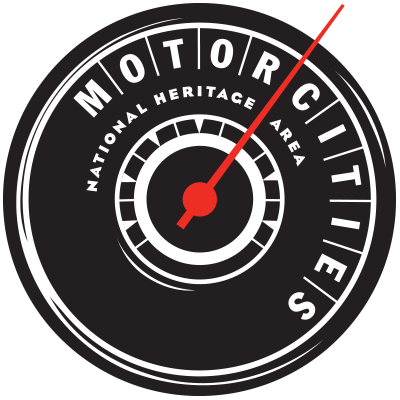By Robert Tate, Automotive Historian and Researcher
Images Courtesy of Chrysler Corporation and the Robert Tate Collection
Published 3.13.2019
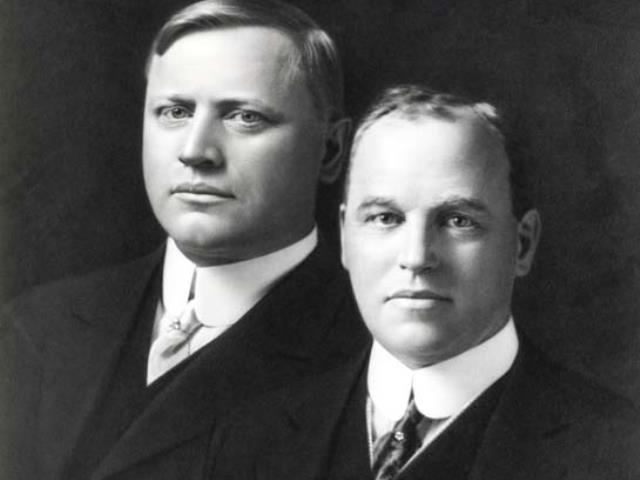 John (left) and Horace Dodge (right) (Chrysler Archives)
John (left) and Horace Dodge (right) (Chrysler Archives)
During the early 1900s, the name Dodge became a household name among consumers in our American culture. The Dodge Brothers, John Francis (October 25, 1864 - January 14, 1920) and Horace (May 17, 1868 - December 10, 1920), were born in Niles, Michigan. They were great pioneers and helped put America on wheels during the early days of automotive manufacturing.
The brothers established a small machine shop on Beaubien Street in Detroit in 1900, when the city was growing and the industrial minds and work force came together to create the automotive capital of the world. Later, they would move their shop to a new location at Hastings Street and Monroe employing 200 men.
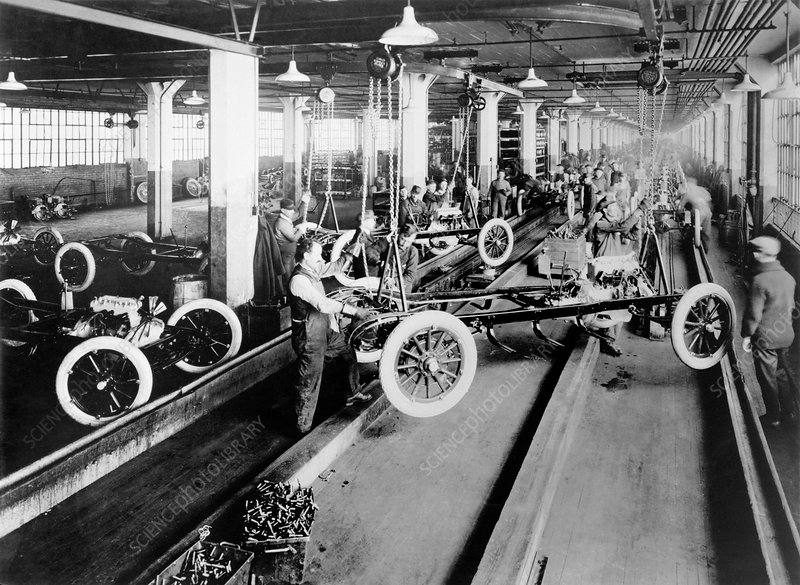 The Dodge Brothers factory in 1915 (Chrysler Archives)
The Dodge Brothers factory in 1915 (Chrysler Archives)
In the beginning, the brothers created a ball bearing bicycle, the Evans & Dodge Bicycle. At the time, bicycles helped fill the transportation needs of many people. However, the Dodge brothers would expand their manufacturing to include the automobile industry. In 1902, the Dodge Brothers received their first order from Olds Motor Works of Detroit for 3,000 transmissions. During this time, it should also be noted that the brothers were involved with other well-known automotive pioneers like Henry Leland and W.C. Leland for components like steering parts and axles. By 1903, bicycles were abandoned, and the brothers focused entirely on making automobile parts.
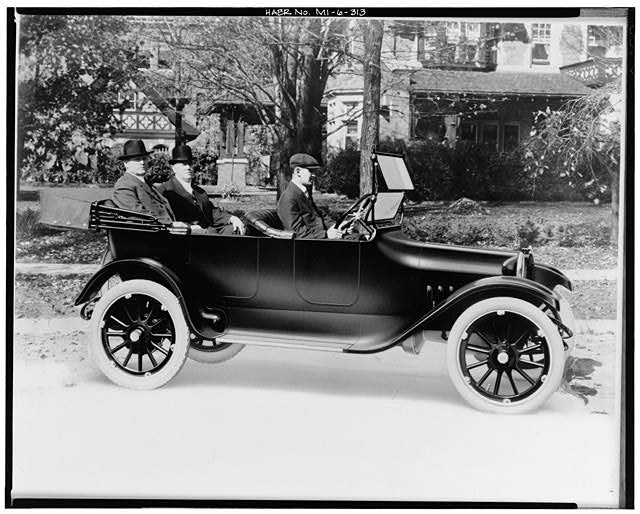 The Dodge Brothers riding in a touring model (Chrysler Archives)
The Dodge Brothers riding in a touring model (Chrysler Archives)
Henry Ford was very impressed with the Dodge Brothers’ operation and offered them a one-tenth interest in his newly formed Ford Motor Company. The condition was that they had to equip their manufacturing business to build Ford engines and parts exclusively. Later, Horace Dodge would redesign the rear axle, the engine and other parts. It was the best of times for the Dodge Brothers, as they owned 10 percent of Ford and their own operation -- making them one of the largest manufacturers in the world.
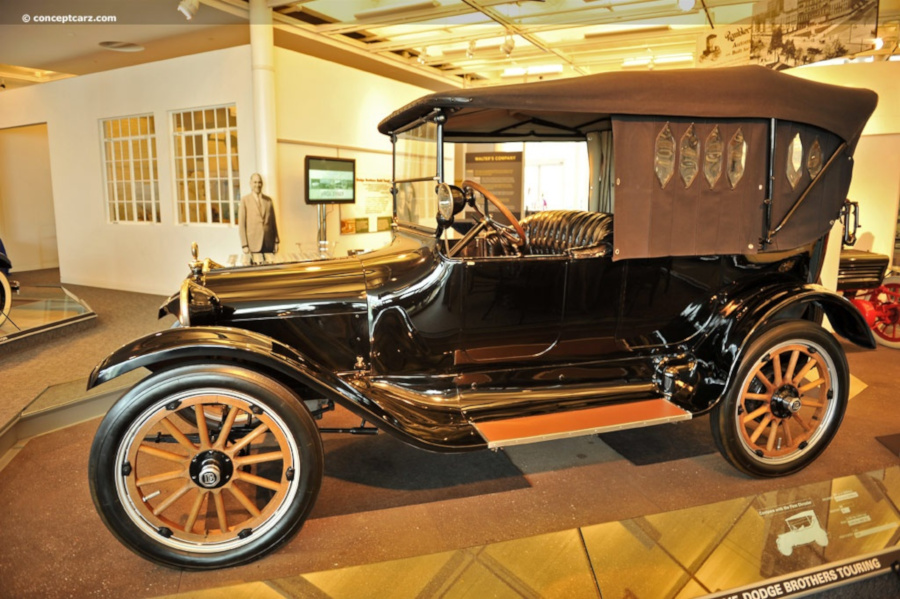 A Dodge Brothers Touring Sedan on display at the Walter Chrysler Museum (Chrysler Archives)
A Dodge Brothers Touring Sedan on display at the Walter Chrysler Museum (Chrysler Archives)
In 1910, they built a new plant covering 24 acres in Hamtramck Michigan, but as Henry Ford started expanding his manufacturing capabilities, the Dodge Brothers started looking to distance themselves from Ford and build their own car. On July 17, 1914, the Dodge Brothers took their company public, selling $5 million in common stock. Automotive historians said that, by the time the Dodge Brothers entered the market, the largest companies owned entire forest ranges and were committed to wooden frame bodies with sheet metal. Later, the brothers became good friends with Edward Budd, who could offer bodies made from pressed steel.
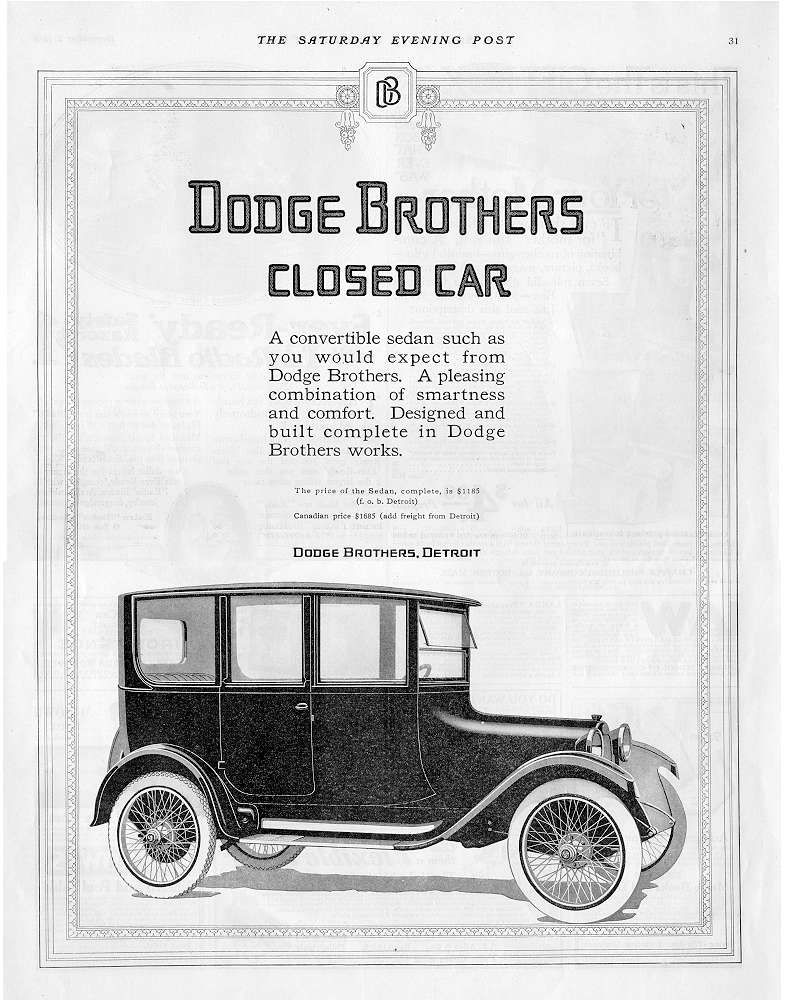 A Dodge Brothers closed car ad (Robert Tate Collection)
A Dodge Brothers closed car ad (Robert Tate Collection)
On November 14, 1914, the first Dodge model rolled off the assembly line in Hamtramck. It offered a very practical design compared to other available options and sold for $785. Thomas McPherson, the author of “The Dodge Story” said, “These cars rode on a wheelbase of 110 inches and were powered by a four-cylinder 35 horsepower engine.”
In 1915, the brothers offered a touring car, which became very popular. Dodge had received 21,000 applications for dealerships and sold 45,000 units in 1915. The Dodge Brothers became a huge success and vaulted to number two US carmaker.
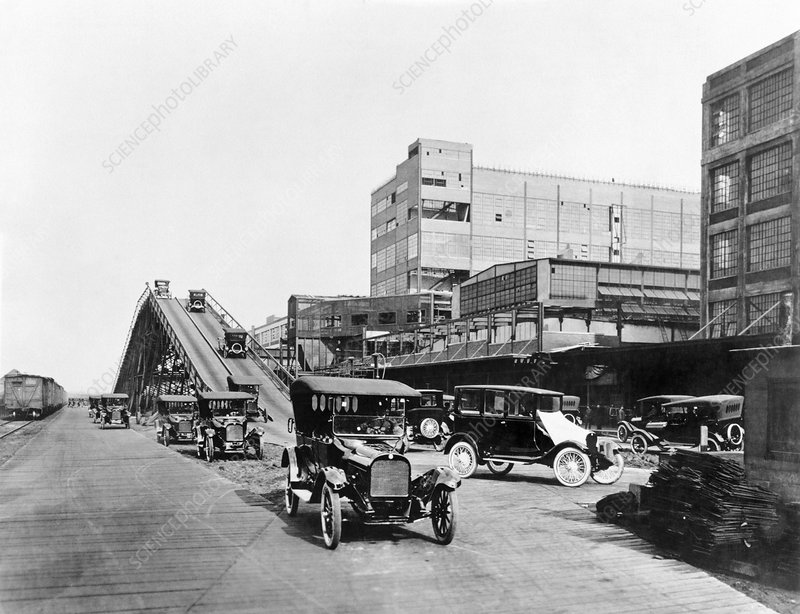 The Dodge Brothers' test track in 1915 (Chrysler Archives)
The Dodge Brothers' test track in 1915 (Chrysler Archives)
Unfortunately, both brothers died within months of each other in 1920, John from pneumonia in New York City and Horace from influenza. Without the founders, the company was not able to duplicate its success, and financial advisors recommended that the Dodge Brothers’ widows to sell their interests in the company in 1925.
Three years later, Walter P. Chrysler purchased Dodge for $170 million. He later said, “buying Dodge was one of the soundest acts of my life. I say sincerely that nothing we have done for the organization compares with that transaction.”
In conclusion, the Dodge Brothers will always be a part of our automotive heritage and culture.
Bibliography
Hyde, Charles K. “The Dodge Brothers, the Men, the Motor Cars, and the Legacy.” Great Lakes Books, 2005.
McPherson, Thomas A. “The Dodge Story.” Crestline Publishing, 1975.
Szudarek Robert G. “How Detroit Became the Automotive Capital 100th Anniversary.” 1996.
RaeKimes, Beverly & Clark Jr., Henry Austin. “Standard Catalog of American Cars 1805-1942.”

